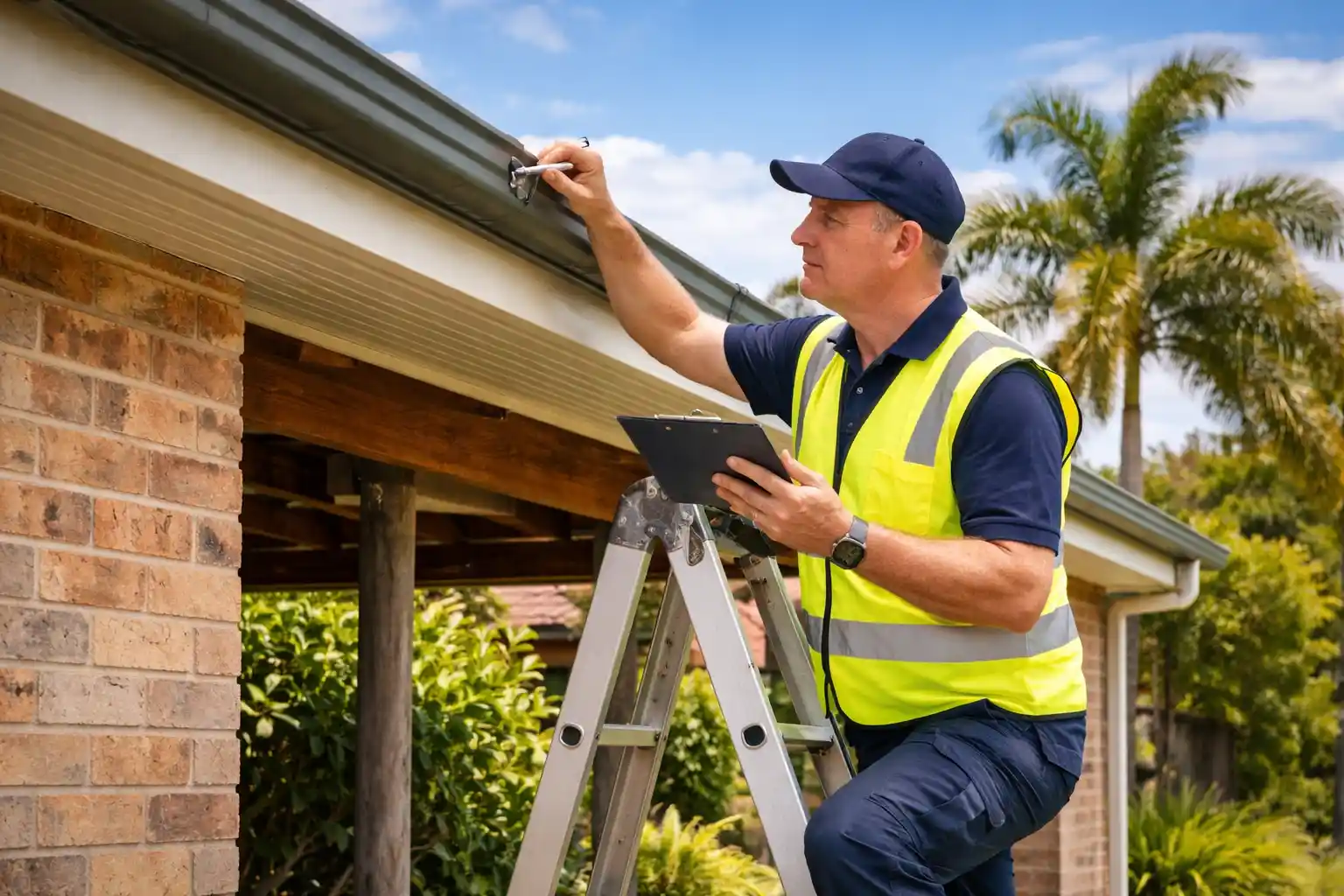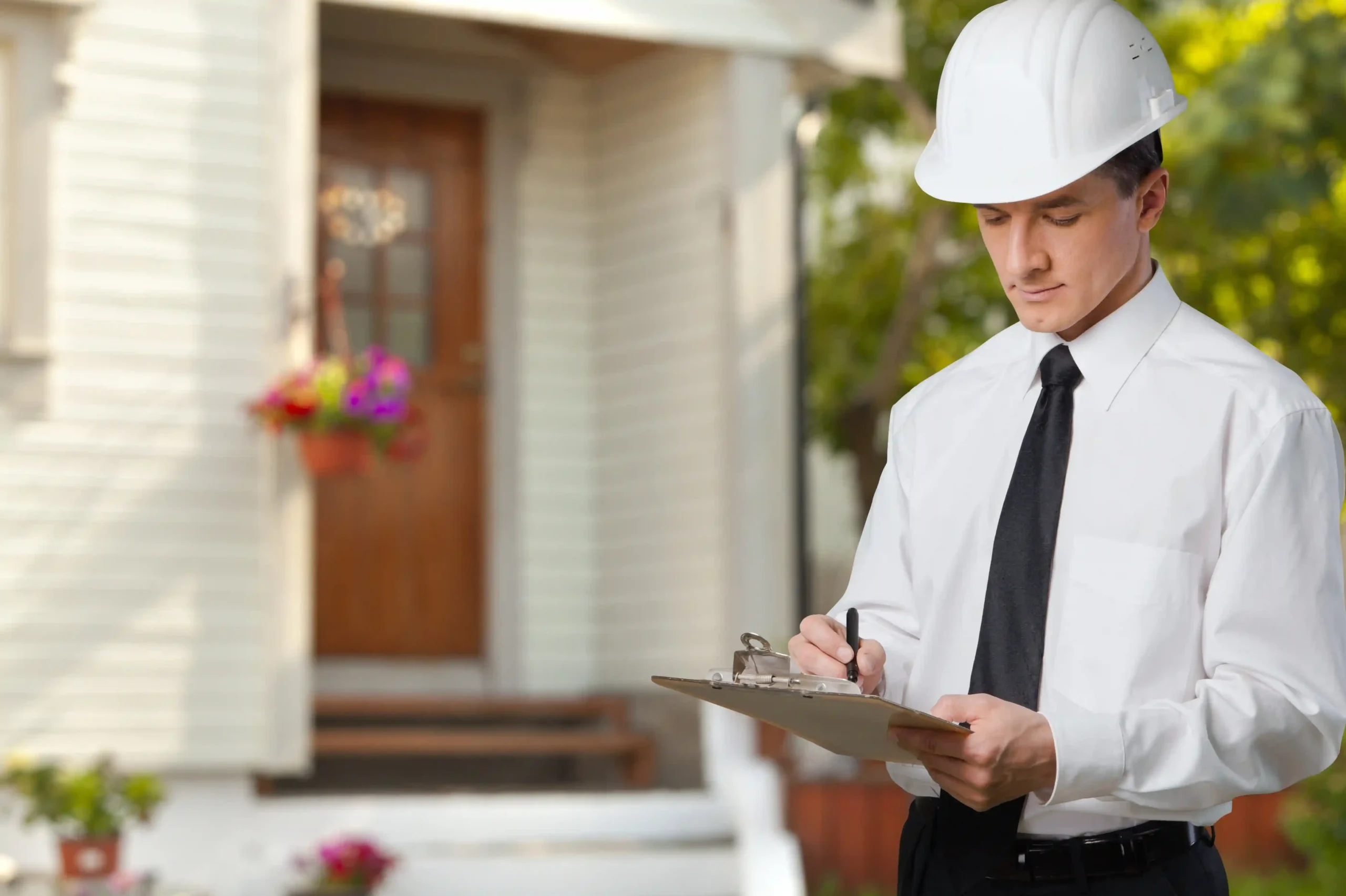Keeping your commercial property in top condition requires regular inspections. Just like a car needs regular maintenance, so does your property. Inspections help you catch small issues before they become big, expensive problems. They ensure that your property remains safe for anyone who uses it, from tenants to visitors.
Regular inspections are crucial for maintaining your property’s value. Unnoticed damage or wear can lead to costly repairs later on. By staying on top of maintenance, you protect your investment and keep it in good shape. Plus, a well-maintained property is more attractive to potential tenants or buyers, should you decide to sell.
You might wonder how often you should inspect your commercial property. The frequency can depend on several factors, such as the type of building, its age, and the local climate. Some areas might need more frequent checks due to harsh weather conditions or specific usage demands. In this guide, we’ll explore the importance of regular inspections, recommended frequencies, signs it’s time for a check-up, and how to create an effective inspection schedule.
The Importance of Regular Commercial Property Inspections
Regular inspections of your commercial property are essential for several reasons. Firstly, they help ensure the safety and well-being of everyone who uses the building. Structural issues, faulty wiring, or plumbing problems can pose serious risks if left unchecked. An inspection can identify and address these issues before they become hazards.
Another significant benefit is the financial savings. Detecting minor problems early prevents them from escalating into costly repairs. For example, a small leak in the roof can lead to extensive water damage if not repaired promptly. Regular inspections help you avoid these expensive fixes by addressing issues at the outset.
Inspections also help maintain your property’s value. A well-kept building is more attractive to potential tenants and buyers. It shows that you take care of the property, which can justify higher rental or sale prices. Additionally, regular upkeep can extend the lifespan of the building’s components, from the HVAC system to the roofing, saving you money in the long run.
Finally, staying compliant with local regulations often requires regular inspections. Many areas have laws mandating periodic checks for safety and code compliance. Failing to meet these requirements can result in fines or legal issues, so regular inspections ensure you remain on the right side of the law.
Recommended Inspection Frequency for Different Areas
Different areas of your commercial property require inspections at varying intervals. Understanding these recommendations helps you create a thorough and effective maintenance plan.
1. Structural Components: The foundation, walls, and roof should be inspected at least once a year. Look for cracks, leaks, and any signs of wear and tear. If your building is older or in an area with harsh weather conditions, consider more frequent checks.
2. Electrical Systems: Electrical systems need a thorough inspection annually. This includes the main electrical panel, wiring, outlets, and lighting. Faulty electrical systems can pose fire hazards, so yearly inspections help ensure everything is functioning safely and efficiently.
3. Plumbing: Plumbing systems should be inspected every six months. Check for leaks, water pressure issues, and blockages. Regular plumbing inspections can prevent severe water damage and costly repairs.
4. HVAC Systems: Your heating, ventilation, and air conditioning systems should be inspected twice a year, ideally before the summer and winter seasons. This ensures they are ready to handle the temperature extremes and operate efficiently.
5. Fire Safety Equipment: Fire alarms, extinguishers, and sprinkler systems need to be checked every three months. Ensure they are in working order and comply with local fire safety regulations.
6. Exterior and Grounds: Inspect the exterior walls, windows, doors, and the surrounding grounds at least twice a year. Look for signs of damage, wear, or security issues like broken locks or poorly lit areas.
By following these recommended inspection frequencies, you can keep all areas of your commercial property in excellent condition. Regular inspections help you address issues proactively, ensuring a safe, efficient, and well-maintained environment.
Signs That Indicate It’s Time for an Inspection
Sometimes, issues arise that require inspections outside your regular schedule. Recognising the signs that it’s time for an inspection helps you catch problems early.
1. Visible Damage: Cracks in the walls, ceiling stains, or sagging floors are clear indicators that an inspection is needed. These signs often point to deeper issues such as structural problems or water damage that need immediate attention.
2. Unusual Noises or Smells: Strange sounds like creaking, popping, or buzzing should not be ignored. Similarly, unpleasant odours, especially musty or electrical burning smells, are red flags. These could indicate pest infestations, water leaks, or electrical issues.
3. Higher Utility Bills: A sudden spike in your utility bills can suggest leaks or inefficiencies in your plumbing, HVAC, or electrical systems. If you notice higher costs without explanation, it’s time for an inspection to find out why.
4. Complaints from Tenants or Employees: If tenants or employees report problems such as leaks, drafts, or electrical issues, don’t delay an inspection. Listening to those who use the space daily can help you address problems before they escalate.
5. After Severe Weather: Following extreme weather events like storms or heavy rainfall, inspect your property for damage. High winds, hail, or flooding can cause significant damage that’s not immediately visible but needs attention.
By staying alert to these signs, you can prompt timely inspections and address potential problems early, maintaining the safety and integrity of your commercial property.
Creating a Routine Inspection Schedule for Your Property
Creating a routine inspection schedule is vital for effective property management. A well-planned schedule ensures that every part of your commercial property gets checked regularly, keeping it in top condition.
Monthly Checks:
– Check fire extinguishers, alarms, and emergency exits to ensure they are accessible and functional.
– Inspect and test lighting systems, both interior and exterior.
– Review cleanliness and hygiene in common areas like lobbies and restrooms.
Quarterly Inspections:
– Conduct thorough checks of HVAC systems, including filters and vents.
– Inspect plumbing systems for leaks, slow drains, or any unusual sounds.
– Check for signs of pests and address them promptly.
Biannual Inspections:
– Inspect the roof for any damage, loose shingles, or debris.
– Conduct a detailed inspection of the foundation and exterior walls for cracks or other damage.
– Assess the condition of windows and doors, including weatherstripping and seals.
Annual Reviews:
– Engage a professional to perform a comprehensive electrical system inspection, including all wiring and panels.
– Have a professional inspector evaluate the structural integrity of the building.
– Review and update your maintenance records and plan for the next year’s inspections.
Stick to this routine schedule to keep your property well-maintained. Consistent inspections help you catch minor issues before they turn into bigger problems, ensuring a safe and efficient environment for everyone.
Conclusion
Regular inspections are key to maintaining a safe, efficient, and valuable commercial property. By understanding the importance of these inspections, recognising when they’re needed, and following a routine schedule, you can prevent costly repairs, ensure compliance with regulations, and provide a secure environment for tenants and visitors.
A proactive approach to property maintenance protects your investment and enhances its appeal. Even small, frequent checks can make a big difference in the long-term health of your building. Taking the time to inspect and maintain your property not only saves you money but also contributes to a more professional and welcoming space.
If you’re ready to start a consistent inspection routine or need a professional evaluation, contact our commercial building inspector at C & W Services. Our experienced team is here to help ensure your commercial property remains in top condition. Schedule your inspection with us today!



